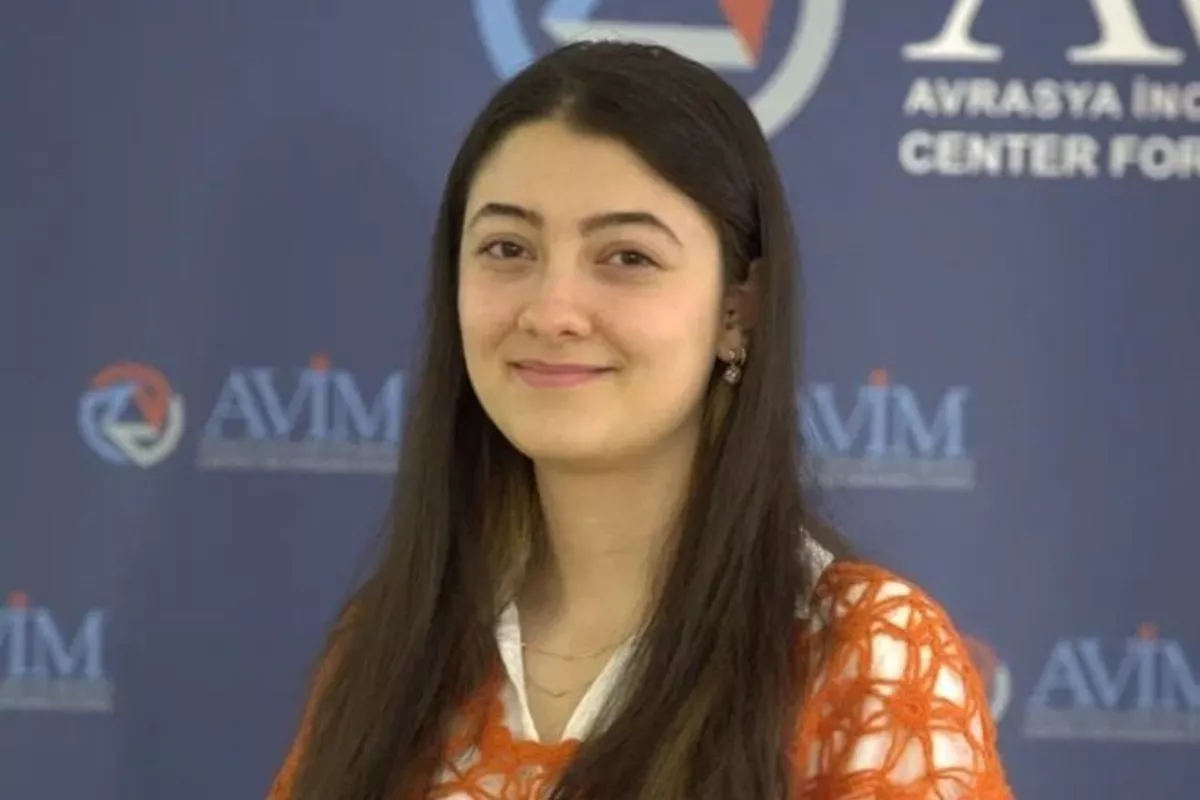
Photo: Selenay Erva Yalçın, a Turkish analyst at the Eurasia Research Center and executive editor of the journal Eurasian World
As geopolitical dynamics continue to shift, the South Caucasus is undergoing a rare moment in its history - a period in which diplomacy, once viewed as an extension of conflict and mutual suspicion, is evolving into a tool of strategic rapprochement. In the aftermath of the Second Karabakh War, the region now stands at the threshold of a new political architecture, where the leading roles belong not to external powers, but to the regional states themselves: Azerbaijan, Armenia, and Türkiye.
In this emerging reality, Ankara is acting not only as Baku’s steadfast ally, but also as a responsible regional player, working toward sustainable peace based on international law and regional balance. The ongoing peace negotiations between Azerbaijan and Armenia, along with the parallel normalization of relations between Türkiye and Armenia, are shaping a new political landscape where pragmatism, diplomacy, and the will for peace have become decisive factors.
To discuss the dynamics of the peace process, Türkiye’s dual role as both ally and potential mediator, and the future of regional stability, The Caspian Post spoke with Selenay Erva Yalçın, a Turkish analyst at the Eurasia Research Center and executive editor of the journal Eurasian World.
- In the context of negotiations between Azerbaijan and Armenia, what factors, in your opinion, could accelerate the signing of a comprehensive peace agreement, and which could slow it down?
photo: News.Az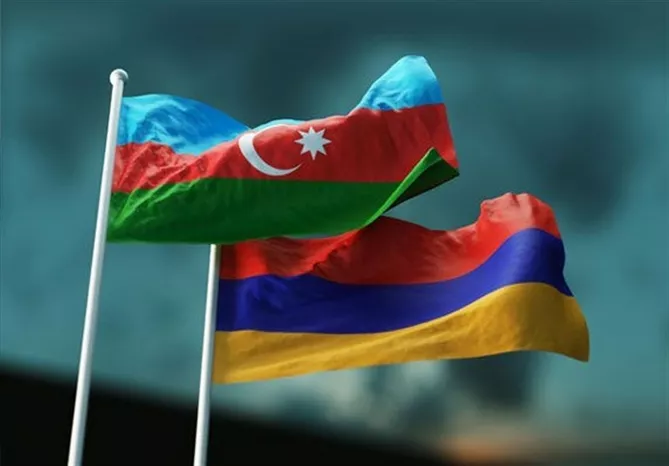
- In recent weeks, we have witnessed significant progress toward signing a peace treaty between Azerbaijan and Armenia. The main reason for this is the increased frequency of direct negotiations between the parties, the concrete steps that followed, and their growing reluctance to accept interference from third countries. I associate this acceleration with the momentum that emerged after the ceasefire agreement that ended the Second Karabakh War.
Peace treaties between states are built on mutual trust; without it, they cannot be comprehensive or lasting. Armenia’s initial political approach long hindered the formation of trust on Azerbaijan’s side. Today, however, Prime Minister Pashinyan appears to be following a more balanced and constructive course. Such a position, along with concrete steps taken in that direction, is an accelerating factor.
However, it must be noted that no tangible progress has been made on the issue of constitutional amendments - a matter Azerbaijan has consistently emphasized from the beginning. This issue remains both relevant and significant. Although Armenian officials have mentioned possible constitutional reform and a referendum, these statements are unconvincing. In other words, a serious problem still remains unresolved.
If the Armenian authorities take a clear and consistent position on this issue and implement the necessary constitutional changes in the shortest possible time, it would have a very positive impact on the peace process.
At the same time, Pashinyan’s moderate stance toward Azerbaijan does not fully align with that of some of Armenia’s traditional allies. The actions of these allies can influence the course of the peace process and bilateral relations. Although Yerevan has refrained from openly commenting on these activities, it is natural for Baku to view them with concern. Therefore, if Armenia replaces its policy of silence with one of transparent communication, it would strengthen mutual trust between the parties.
In conclusion, constitutional reform and continued practical steps will accelerate the signing of the peace treaty, while interference by third parties with dubious intentions and the spread of anti-peace narratives could slow it down.
- How does Türkiye balance its role as Azerbaijan’s ally and potential regional mediator? Could Ankara become a guarantor of long-term peace in the South Caucasus?
photo: TASS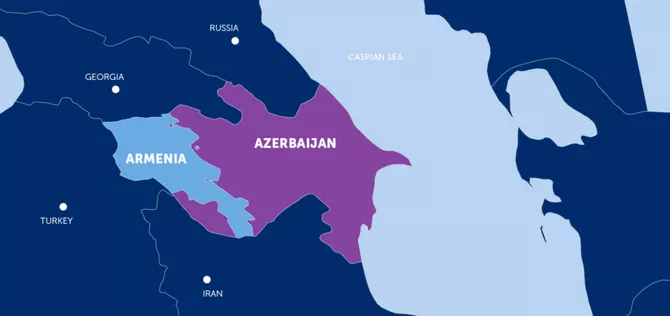
- Türkiye’s position in the tension between Azerbaijan and Armenia is grounded in the need to strictly adhere to and objectively interpret the norms of international law. Ankara has consistently approached past conflicts and crises between the parties through the lens of these principles. Furthermore, Türkiye’s geographical proximity to the South Caucasus highlights how vital regional peace is for Ankara itself.
Longstanding allied relations with Azerbaijan, strengthened by shared linguistic and cultural ties, naturally remain a cornerstone of Türkiye’s regional policy. However, it would be mistaken to view this as the only determinant of Ankara’s approach. Azerbaijan’s own demands and actions have also developed in line with international law and the principles of good neighborliness.
Therefore, Türkiye’s alliance with Azerbaijan does not contradict its mediating potential in the region. The peace and stability process now depends largely on bilateral negotiations, and Türkiye, through its mediating role, can make an important contribution to building a strong and trust-based peace. Nonetheless, the true guarantors of peace, prosperity, and stability in the South Caucasus are the regional states themselves.
- The normalization talks between Türkiye and Armenia are progressing in parallel with the Baku-Yerevan process. In your view, can success in one process automatically influence the other?
photo: Trendsresearch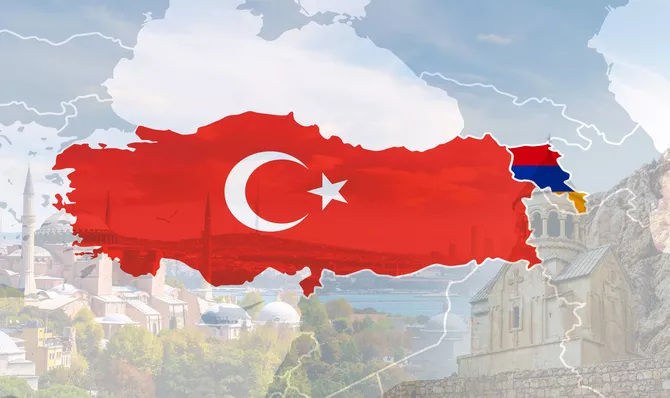
- These two processes, while interlinked, have historically evolved under different temporal and contextual factors. Türkiye’s closure of its border with Armenia, as previously noted, was not merely an act of solidarity with Azerbaijan; it was also a humanitarian measure justified by international law and global diplomatic norms.
Thus, while both processes influence each other, they are not entirely interdependent. The current regional atmosphere of peace positively impacts both. Negotiations and gestures of goodwill have intensified, for example, Azerbaijan’s permission for transit transport through its territory and tax concessions, as well as Armenia’s decision to remove the image of Mount Ararat from passport stamps.
Success in either track will inevitably affect the region’s political, social, and economic landscape, indirectly shaping the other as well. However, this impact should be viewed as natural rather than automatic.
- With Russia’s influence in the region diminishing and Western involvement growing, what new formats or alliances might emerge with Türkiye’s participation to strengthen stability in the South Caucasus?
photo: Islam21c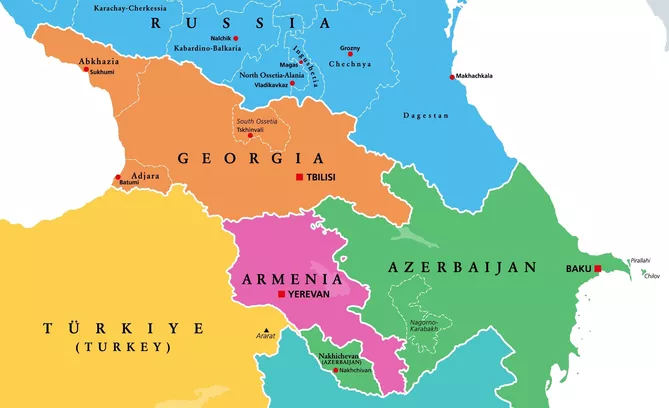
- We have clearly observed the decline of Russia’s influence in the region throughout the peace negotiation process. Of course, one cannot expect decades of dominance, rooted in complex political, economic, and historical factors, to vanish overnight. Yet, conducting talks without Moscow’s participation appears to have accelerated the peace process.
That said, peace, prosperity, and stability in the South Caucasus can only be ensured through the determination and will of the regional states themselves, supported by neighboring countries. Therefore, it would be unrealistic to envision a model that completely excludes Russia.
To enhance regional cooperation, Türkiye and Azerbaijan initiated the 3+3 platform, bringing together the three South Caucasus states with their three neighbors: Türkiye, Russia, and Iran. Although Georgia has yet to participate, these meetings have facilitated both bilateral and multilateral discussions, generating practical solutions to regional challenges.
At the same time, with the United States now assuming a mediating role between Baku and Yerevan, a new external player has entered the scene. Ultimately, the primary guarantors of lasting stability in the South Caucasus remain the regional countries themselves, while external actors can only assist and complement this process.
- How likely is it that Türkiye and Armenia will overcome historical grievances and build a pragmatic model of coexistence for future generations?
photo: Daily Sabah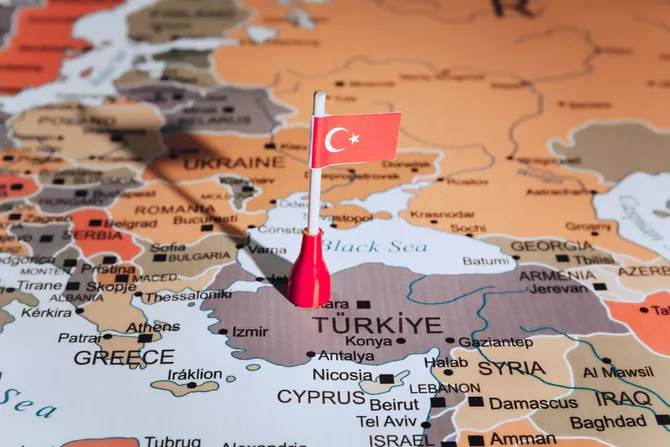
- The positive developments of recent weeks clearly demonstrate that the normalization process between Türkiye and Armenia is progressing favorably. Bilateral meetings between the two sides exemplify this trend, and Prime Minister Pashinyan’s comparatively moderate approach, unlike that of his predecessors, has contributed to it.
It is worth remembering that Türkiye was among the first countries to recognize Armenia’s independence. The failure of the Zurich Protocols was not Türkiye’s fault, but Armenia’s. There has never been a period when Türkiye adopted a hostile stance toward Armenia or the Armenian people. This applies not only to state policy but also to public sentiment.
While exceptions exist, Turks generally do not harbor feelings of hatred or revenge toward Armenians. Türkiye is a nation with a vibrant internal agenda, and there is no room for emotions that could damage neighborly relations or undermine future cooperation.
Of course, after years of social isolation, relations cannot transform overnight. But cross-border trade and people-to-people contact will undoubtedly have a positive effect, increasing mutual understanding and social engagement. Achieving tangible results will require patience, but the trajectory is already positive.
Share on social media